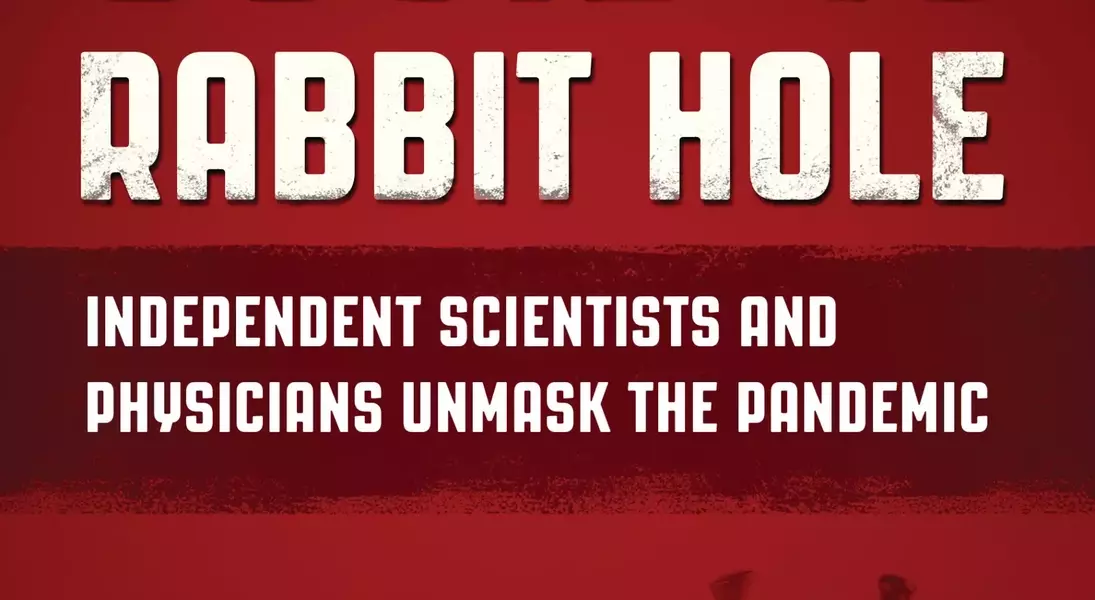
This book, "Down the COVID-19 Rabbit Hole," delves into the multifaceted challenges posed by the global health crisis. It critically examines the misuse of scientific principles during the pandemic, exploring how misinformation and misunderstanding have influenced public perception and policy decisions. The text scrutinizes the origins of the virus, its biological mechanisms, and the effectiveness and risks associated with various vaccines, especially those utilizing innovative technologies like mRNA. Additionally, it highlights the shortcomings in healthcare practices and governmental responses, as well as the role of media in shaping narratives. The book also addresses the broader societal impacts, offering insights into repairing the fractures caused by the pandemic.
An In-depth Examination of the Pandemic's Societal and Health Implications
In this thought-provoking exploration, the author takes readers through a detailed analysis of the pandemic's far-reaching consequences. Set against the backdrop of an unprecedented global health challenge, the book uncovers how scientific principles were sometimes misapplied or misunderstood. It investigates the probable origins of the virus and provides a clear explanation of its pathophysiology. The discussion on vaccines focuses on both their benefits and potential risks, particularly concerning new platforms like mRNA. The narrative then shifts to examine the failures within the healthcare system, where professionals struggled to fully comprehend and manage the disease. Governments' reactions, often driven by specific agendas, are critiqued for their impact on civil liberties. Moreover, the book reveals how mainstream media became a conduit for government messaging, sometimes at the expense of balanced reporting. Finally, it offers constructive solutions to mend the societal divisions and support those affected by experimental treatments.
From a reader's perspective, this book serves as a wake-up call to the importance of critical thinking and informed decision-making during crises. It underscores the need for transparent communication from authorities and the media, ensuring that the public receives accurate information. The lessons learned from this period highlight the significance of fostering resilience in our communities and advocating for policies that prioritize public health while respecting individual rights.
